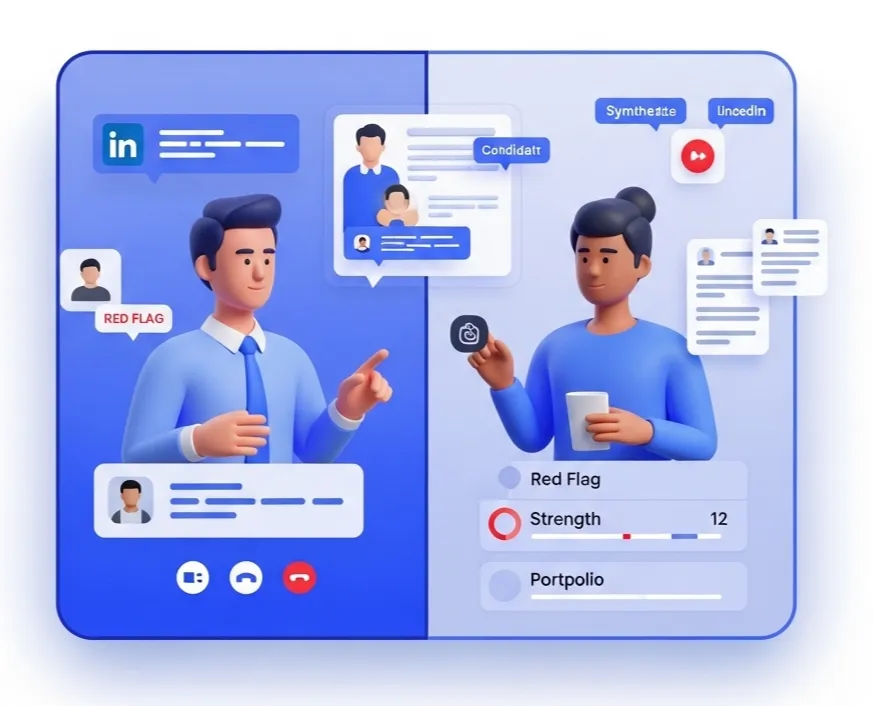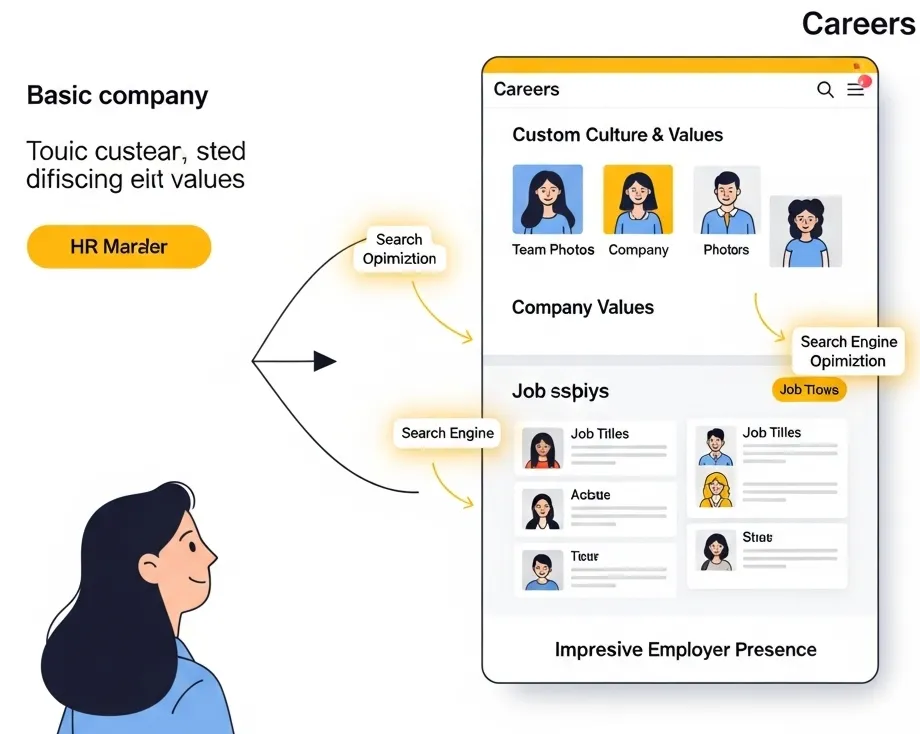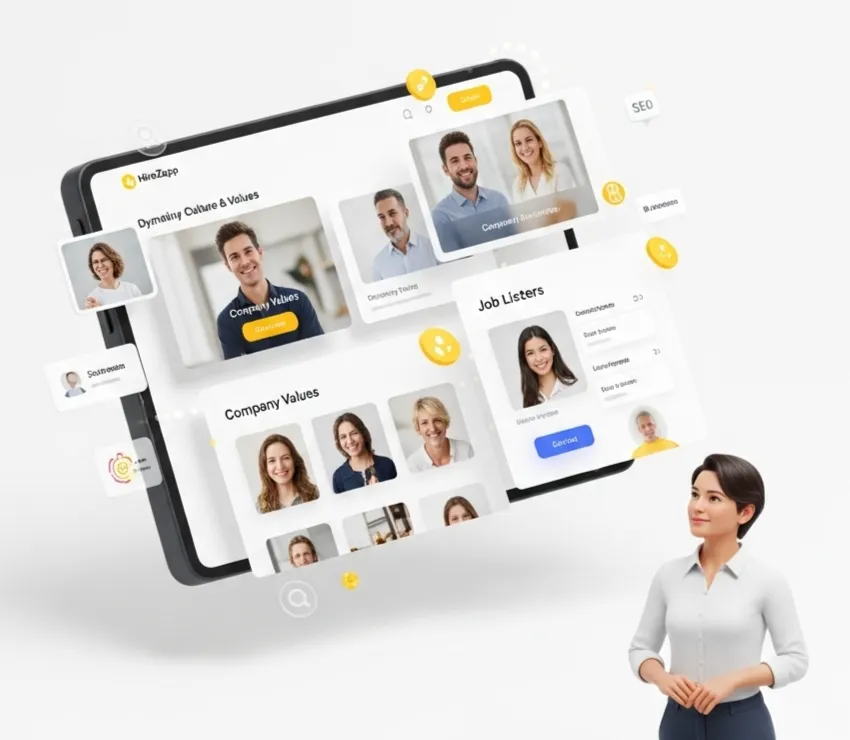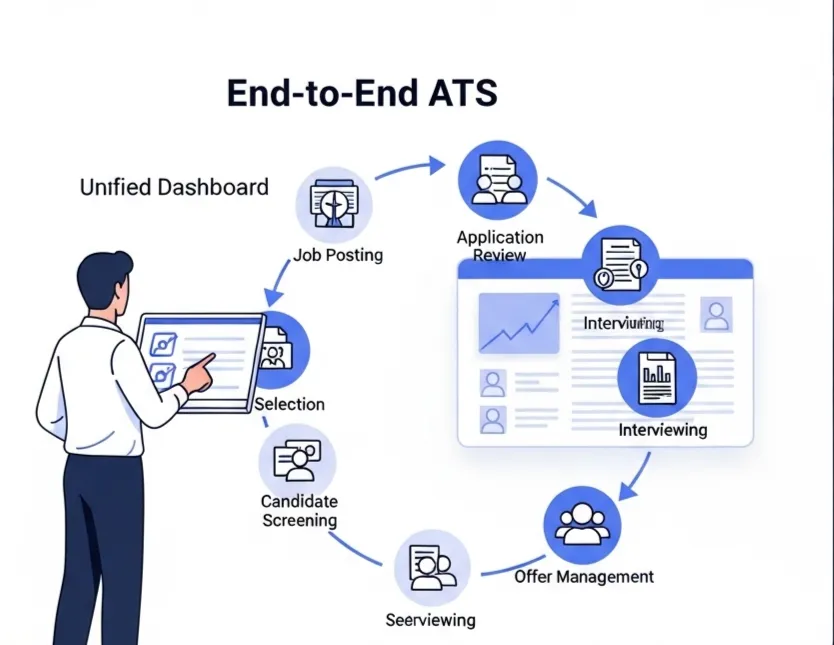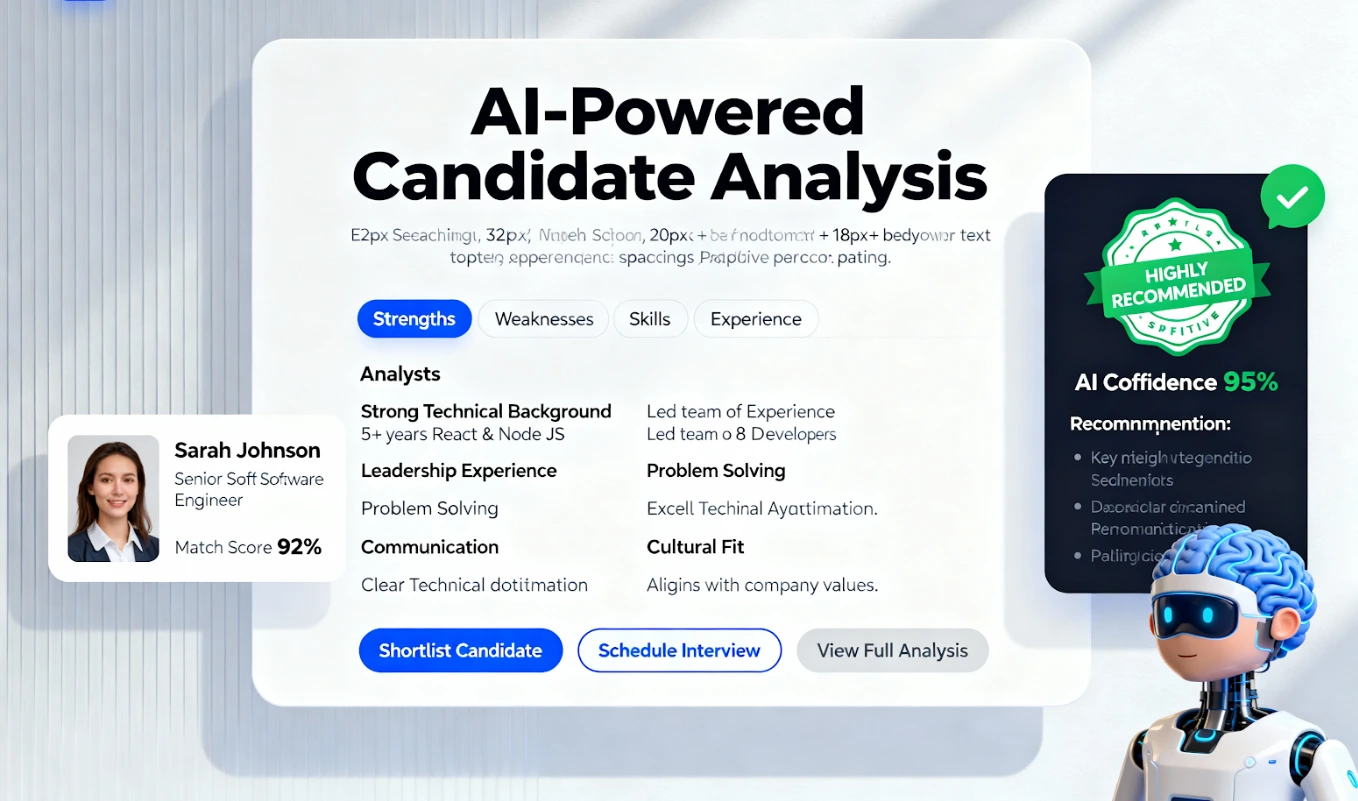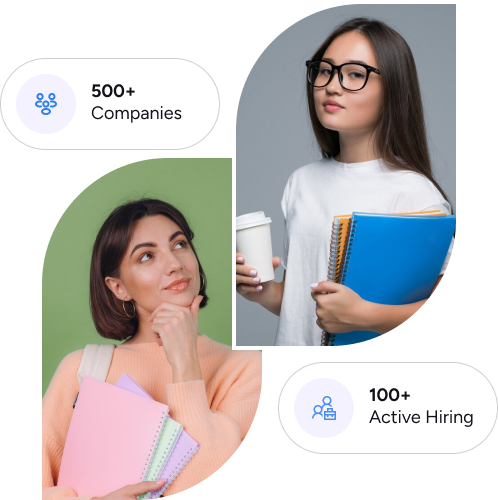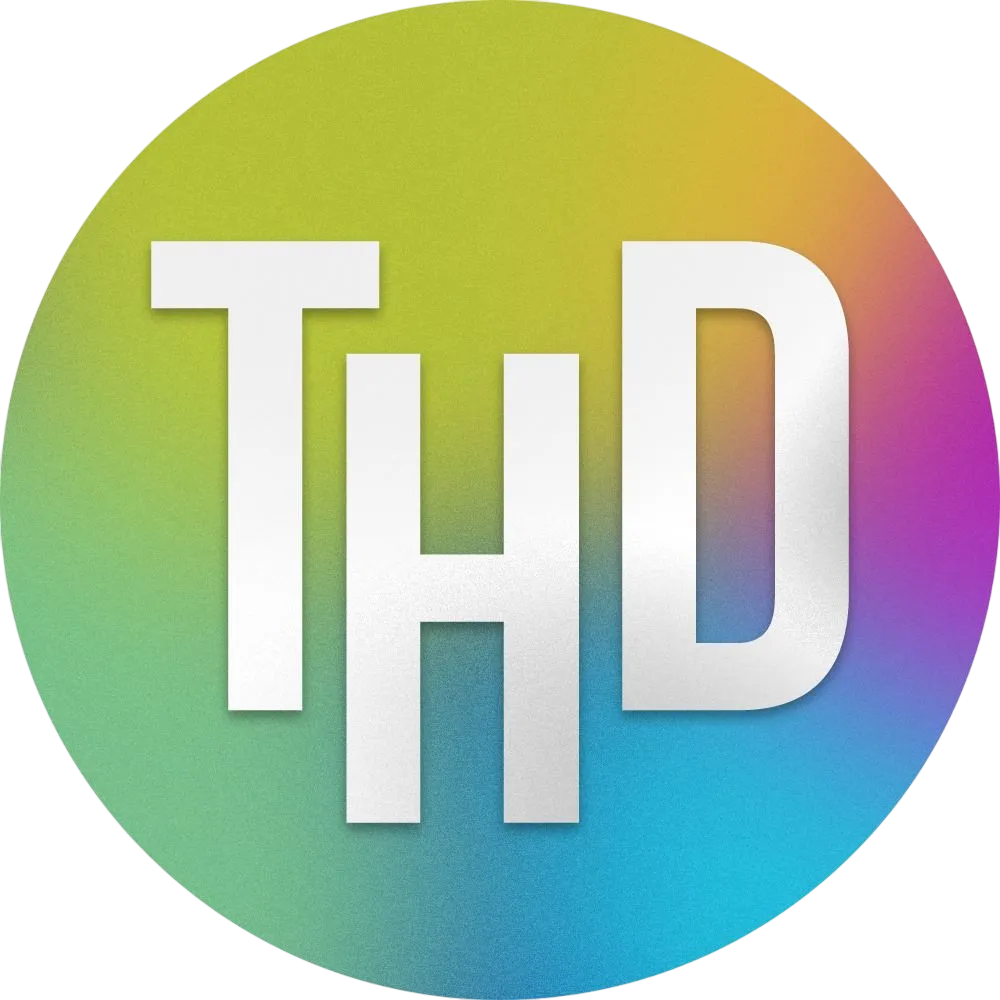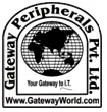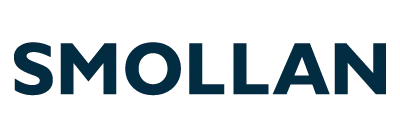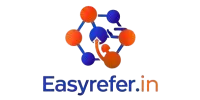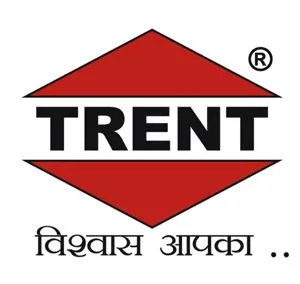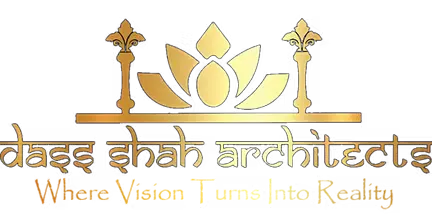AI Resume Screening: Benefits, Challenges, and Best Practices 2025
Explore AI-powered resume screening tools that reduce hiring time by 75% and improve accuracy. Find the right software for your team.

AI Resume Screening: Benefits, Challenges, and Best Practices 2025
Introduction
Hiring the right person has never been more challenging. With hundreds of resumes arriving for every open position, recruiters are under pressure to screen faster without losing quality.AI resume screening has emerged as a powerful solution that automates repetitive steps and helps teams identify top talent quickly and accurately.
When Resume Piles Become Roadblocks
Recruiters spend an average of 23 seconds per resume. For a role with 200 applicants, this adds up to more than 10 hours of screening. For companies hiring across multiple roles, the workload becomes overwhelming.
According to recent data:
• 73 percent of recruiters identify resume screening as their biggest time drain
• Manual screening creates bottlenecks that delay hiring and slow growth
Manual review also increases risks:
• Human error
• Unconscious bias
• Fatigue that causes strong candidates to be overlooked
Meanwhile, hiring managers wait longer for shortlists and top candidates accept other offers.The traditional process simply cannot keep up with modern recruitment needs.
“The problem isn’t the applicants. It’s the outdated process.”
How AI Resume Screening Changes Everything
AI-powered resume screening transforms the hiring process. Platforms like HireZapp use artificial intelligence and natural language processing to read, parse, and score resumes in minutes.
AI screening:
• Extracts key details such as skills, experience, and education
• Matches candidates to job requirements with precision
• Understands context, not just keywords
• Identifies transferable skills
• Ranks candidates based on actual fit
A HireZapp client from New Delhi shares: “We used to spend days screening resumes. Now, HireZapp does it in minutes and our candidate quality has improved.”
HireZapp’s AI Candidate Analysis and ATS ensure strong candidates are never missed.The system also promotes fairness by focusing only on skills and qualifications, removing identifying details that may introduce bias.
Recruiters also gain powerful insights through:
• Real-time analytics
• Diversity data
• Pipeline performance metrics
These insights help teams continuously refine their hiring process.
Faster Hiring, Better Results, and Happier Teams
Organizations implementing AI resume screening see immediate benefits.
Research shows:
• Time-to-hire reduced by up to 75 percent
• Screening accuracy improved from 70 to 95 percent
• Recruiters spend more time interviewing and engaging candidates
• Offer cycles speed up
• Candidate experience improves significantly
According to industry reports, 87 percent of employers now use AI in at least one stage of hiring, with resume screening being the most common application.
“What was once innovative is now essential.”
The Challenges of AI Resume Screening
Even with enormous benefits, certain challenges must be managed to ensure fairness and accuracy.
Bias in training data
If historical datasets contain bias, the AI may replicate it.Regular audits and diverse data inputs are essential.
Overreliance on automation
AI cannot evaluate soft skills or cultural fit.Human judgment must complement AI results.
Lack of transparency
Some recruiters may not understand how algorithms rank candidates.Explainable AI builds trust.
Resume formatting limitations
Creative or nonstandard formats can cause parsing issues.Standardized resumes ensure accurate extraction.
Regulatory and privacy requirements
AI tools must comply with data protection laws to safeguard candidate information.
Analysts agree these challenges are manageable through thoughtful implementation and continuous monitoring.
Best Practices for Implementing AI Screening
To maximize fairness, speed, and accuracy:
• Combine AI recommendations with human decision-making
• Audit AI algorithms regularly
• Focus on skills-based evaluation, not just keyword density
• Maintain transparency within your recruitment team
• Monitor candidate experience and keep communication human
Following these practices ensures an ethical, effective, and scalable hiring process.
A Final Thought
Technology works best when paired with empathy.AI resume screening has reshaped hiring by blending speed with data-driven precision, but the most successful recruiters are those who combine automation with human understanding.
By adopting AI resume screening responsibly, companies can make hiring faster, fairer, and more human.
If you want to experience this transformation firsthand, explore how HireZapp helps teams hire three times faster with AI-powered tools designed for smarter recruitment.
Frequently Asked Questions (FAQs)
1. What is AI resume screening?
AI resume screening uses artificial intelligence and machine learning to automatically analyze and rank job applications based on alignment with job requirements.
2. How does automated resume screening work?
It extracts key details such as education, skills, and experience, then uses algorithms to score candidates so recruiters can focus on top matches.
3. What are the main benefits of AI resume screening?
Reduces screening time, improves accuracy, increases consistency, reduces bias, and identifies highly qualified candidates faster.
4. Can AI candidate screening reduce hiring bias?
Yes. When configured properly, AI reduces unconscious bias by anonymizing data and focusing only on relevant qualifications.
5. How accurate is AI resume screening compared to manual review?
AI achieves about 95 percent accuracy, compared to roughly 70 percent for manual review.
6. How much time does AI resume screening save recruiters?
AI tools save 9 to 10 hours for every 100 resumes reviewed, allowing recruiters to focus on interviews and engagement instead of manual sorting.
